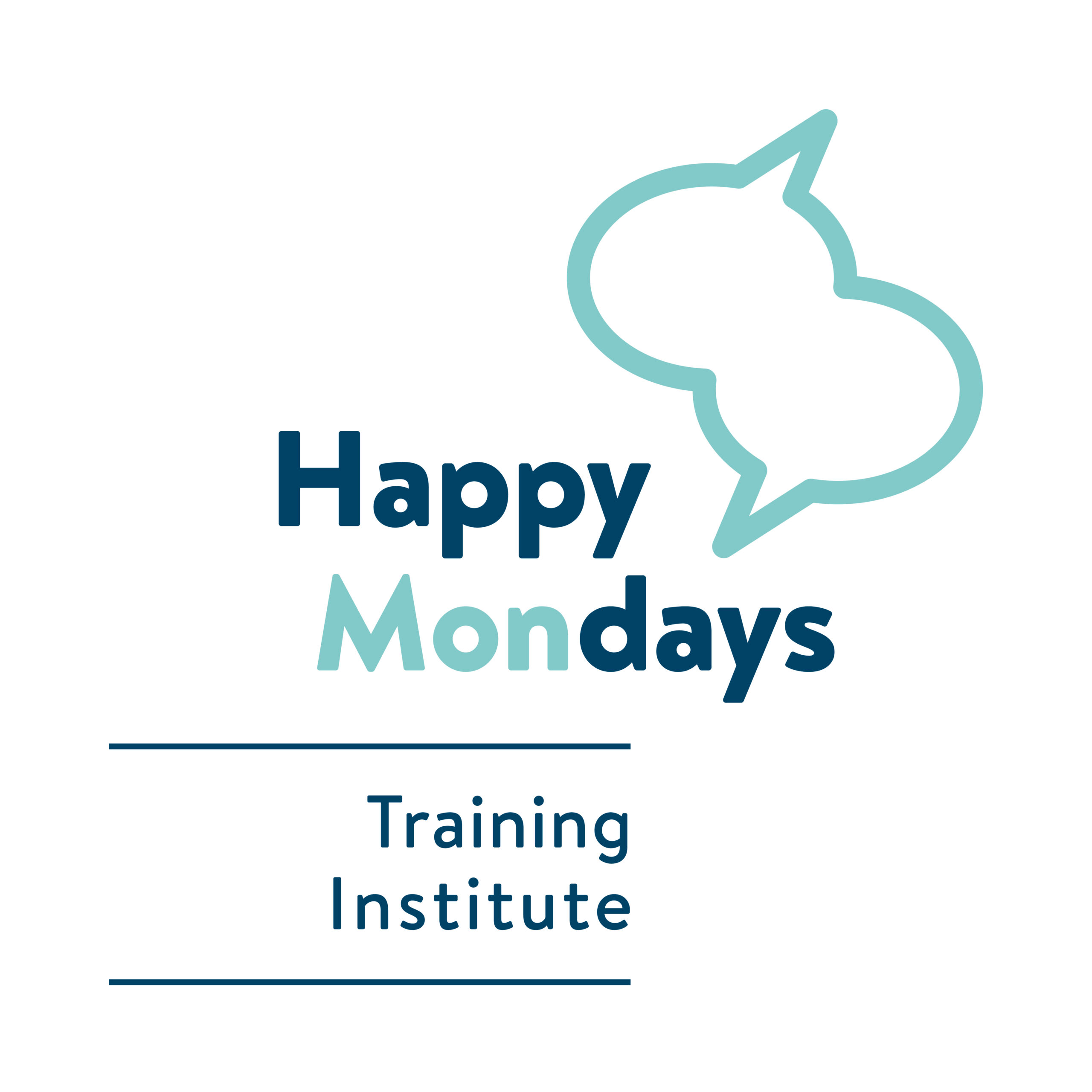Giving and receiving feedback: create a feedback culture
This training is available:
Digital
Face-to-face
Blended


How does feedback contribute to personal and collective development? How does feedback ensure improved performance? How do you create your own feedback culture from which you learn optimally? A feedback culture is based on installing a system of regular and respectful feedback between employees, between employees and their manager and between managers and directors. A strong and healthy feedback culture ensures a positive and constructive work environment, it motivates employees to increase their performance level and it boosts their self-confidence and level of efficiency. Installing such a feedback culture should become a main concern in each company.
Programme of this training
- To discover via a quick test how and why a culture of continuous feedback is essential for your personal development, that of your team and that of your company.
- To become aware of the importance of two pillars with regard to supporting your employees: the ‘contribution’ pillar (knowledge and skills) and the ‘satisfaction’ pillar (motivation and self-confidence).
- To become aware of the impact of your communication style on your conversational partners by applying the DESC technique.
- To discover the 2 types of mindsets among your employees and to learn how to communicate with them constructively and in a positive manner. You will know the difference between ‘Growth Feedback’ and ‘Fixed Feedback’.
- To practice the acquired techniques and experience their impact in practical situations. In this way you will discover how they work, what they can contribute and how you can implement them easily in your daily work context.
What will you get out of this journey?
You will become aware of the positive impact of a feedback culture on yourself, your colleagues and your company. You will be able to give respectful and constructive feedback on a regular basis. Your employees will know exactly what is expected of them and will recognize the importance of continued feedback in order to attain their goals and for their professional and personal development.
Interested?
Approach
- Situation-Based Learning
- Brain-Based Learning
Method
- Concrete cases
- Role-play in group
- Exchanging experiences
- « Best practices »
Material
- Visual aids
- Practical information sheets
- A personal action plan
Related
Learn to reverse stress and increase your energy. Give burn-out no chance
How to get the best out of your team as a senior people manager?
Feel free to contact us
Fill in the form, call us, or contact us by e-mail.




